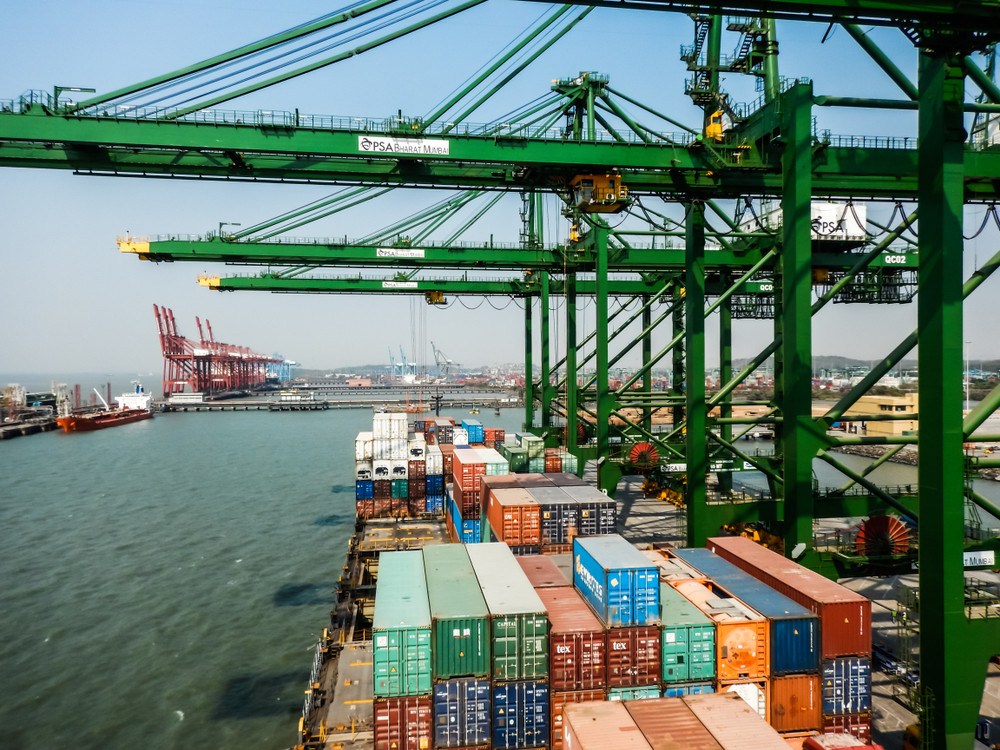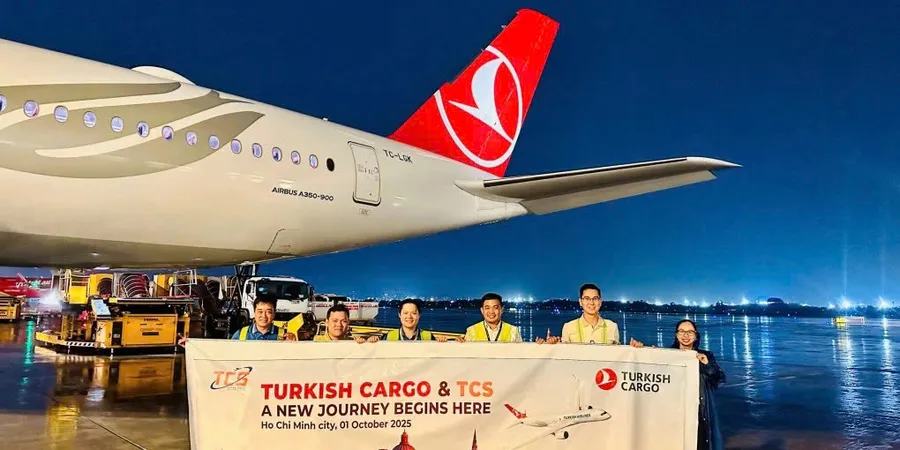Traffic restrictions cause congestion concerns for carriers at Nhava Sheva
Maersk Line has reported a slowdown in truck flows in/out of India’s Nhava Sheva Port/JNPT as a result of new traffic restrictions imposed by local authorities.
“Traffic Police have issued a notice on movements of heavy vehicles from Nhava Sheva CFS [container freight station]/yard,” the carrier said in a customer advisory. “Heavy vehicle movement from JNPT area is, therefore, leading to traffic congestion. All these restrictions are beyond our control and this may lead to delays.”
The carrier has called on cargo interests to plan their shipments in advance to avert cargo gate-in delays/roll-overs.
Historically, the bulk of containerised freight passing through terminals in Nhava Sheva is handled by road.
The port saw its highest monthly volume in the current fiscal year last month, handling some 503,500 TEU, up 16% year over year, according to the latest data.
As volumes expand, terminal stakeholders are showing greater interest in opening new rail connections. PSA Mumbai, also known as Bharat Mumbai Container Terminals (BMCT), recently secured two dedicated freight trains from a private rail operator for round-trip operations between Nhava Sheva and ICD Faridabad [inland container depot], targeting newsprint cargo that had traditionally moved via Mundra Port.
PSA has also added final-mile delivery service to the designated warehouse under this arrangement, contracted on a merchant haulage basis, versus liner haulage at Mundra.
According to port sources, average transit times from Nhava Sheva to North India are pegged at two days, versus four days from Mundra.
With a round-trip solution, sources noted that importers have an opportunity to reposition empty boxes back to storage yards in Nhava Sheva. This type of cargo is generally handled through direct port delivery (DPD) bookings, a fast-track clearance mode meant to improve dwell time levels.
“It’s a long-term business and a sustainable solution for the major newsprint importer,” an official told Container News. “We are also in discussions with other newsprint customers.”
Stakeholders are also hoping to see greater truck-to-train freight conversions with the soon-to-be completed dedicated freight corridor (DFC) connectivity. The Western DFC is a 1,504-kilometer broad-gauge freight only network between Dadri ICD, a busy inland location in Uttar Pradesh, and Nhava Sheva.
The port has also begun operating freight trains loaded with “dwarf containers,” albeit on a limited schedule, to expand the intermodal leg in the supply chain. Dwarf containers are relatively shorter than conventional standard equipment, thereby helping attain higher payloads and consequent inland cost advantages for cargo owners.
Source: Container News





